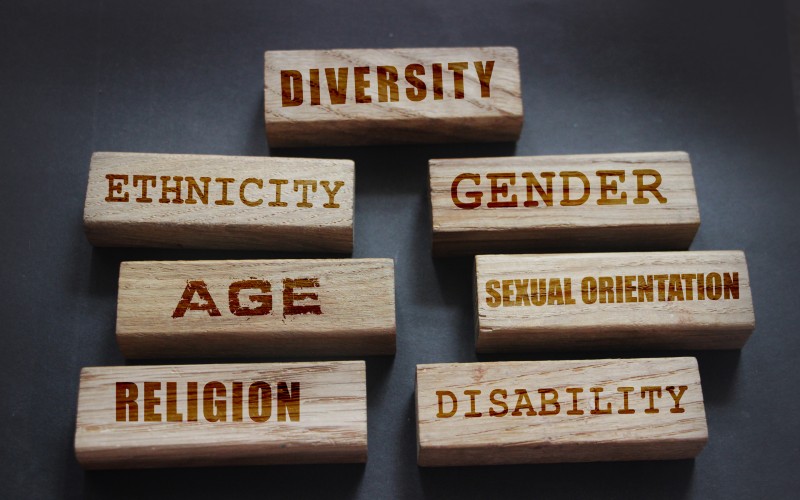
Pride Month often brings into the spotlight with employers the questions:
- How are we doing on the LGBTQ+ front?
- Are we inclusive or do we just say we are?
- What barriers or bias do we have/present – whether consciously or unconsciously to our colleagues or potential future colleagues?
In over 20 years of working with employers advising on all areas of employment law, the thing that always rings true is that change, particularly attitudinal change, does not happen overnight - it takes time, mistakes will be made (and hopefully learned from) and that whilst policies and procedures have a role, fundamental change to becoming a more supportive employer with an environment and culture that embraces all individuals regardless of their sexuality or how they identify, is more deeply rooted in the difficult questions we are prepared to ask ourselves about our culture, and what we are willing to do to take action.
For employers, if they don’t ask any questions about how LGBTQ+ colleagues feel and experience their workplace, how do they even know if they feel unsupported, discriminated against, harassed, ignored or a multitude of other feelings.
What is clear is that just singling out your LGBTQ+ colleagues in a discussion of how to be more inclusive without involving other colleagues in the long run is not going to lead to a substantially more inclusive workplace. In other words, LGBTQ+ colleagues can’t and shouldn’t be expected to do it themselves. All colleagues have to understand and be aware of what it is like to be LGBTQ+ (while respecting that they may hold different views particularly on gender identity).
We often hear about the importance of allies i.e. colleagues who do not share the same protected characteristic supporting and speaking up for and championing colleagues. These people can also act as active bystanders positively challenging inappropriate or negative behaviour and language.
So here are some steps employers can take to be more inclusive:
- As part of your EDI strategy get people involved in creating a supportive environment. This can include setting up a specific network group for LGBTQ+ employees, and consider including those important allies. Provide ways in which they can also show their support e.g. rainbow lanyards, desk stickers, mention on email footers.
- No one should be forced to “come out” or speak about their sexuality or identity, but see if there are senior colleagues who are prepared to speak about their experiences openly. Even if they don’t identify as LGBTQ+ they may well have friends or family who do and can speak about their experience of supporting them.
- Have an open discussion about what being inclusive looks and feels like in your organisation and consult with staff on this, remembering this should include all staff not just those who are LGBTQ+.
- Review your policies and procedures to ensure they are fully inclusive. This does not just mean family friendly policies but also looking at all benefits such as pensions, healthcare cover etc.
- Accept that some colleagues will not be as open as others to discussing or being willing to understand gender, identity and sexuality. See this as taking people on a journey of engendering compassion and understanding, rather than forcing everyone to change their views. That being said, be clear on what types of behaviour are not acceptable.
- Give training to colleagues on when and how it is appropriate to “call out” or even better “call in” people when what they have said or done is disrespectful, harmful or malicious. While calling out can see the person who has made a comment feeling attacked for having their views, calling in is about understanding we don’t get things right 100% of the time, but reflecting on why we behaved in a certain way and learning from that is going to promote greater understanding and growth.
- Language is incredibly important. Look at the words used in documents and policies as well as in speech and ensure that inclusive language is being used. Sometimes language is so ingrained that it is difficult to think what other words or phrases could be, so use resources to help give people alternatives.
There are of course may other ways in which employers can make their organisations more LGBTQ+ inclusive and the above are just some of them. Indeed you may find that your colleagues have excellent ideas on little things that would make a big difference.
